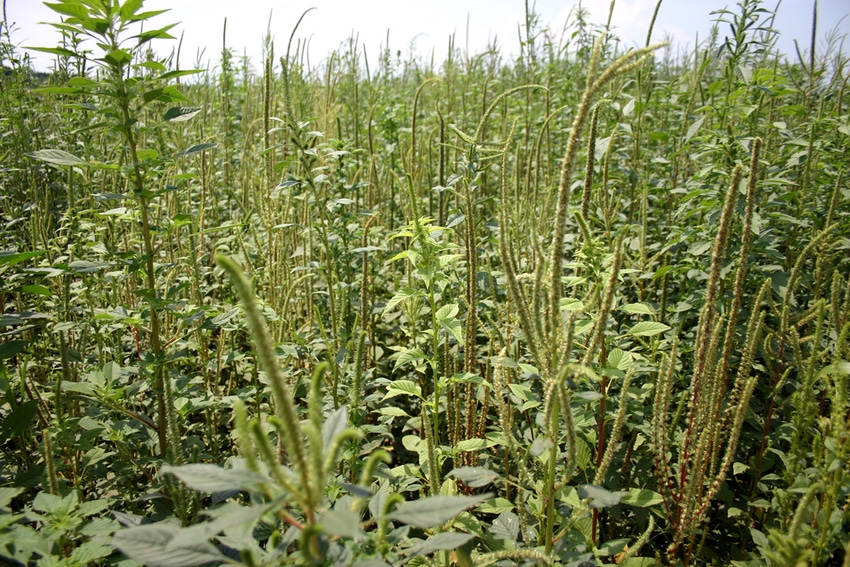September 28, 2010

I have written several articles to help in our Palmer pigweed fight. There have been several good articles by others in Delta Farm Press on this subject as well.
Now I’ll move to diversity. I like the new program that Bayer CropScience is promoting called Respect the Rotation. It is nice to see industry get on the bandwagon promoting diversity.
The weeds have us figured out. Without a brain they seem to know that by human nature we will do the same things over and over again as long as they are working. We have proven that ever since the first herbicide-resistant weed was documented.
We have to fool the weeds and diversity is the way to do it. This means crop diversity, in some cases tillage diversity, herbicide diversity, and herbicide trait diversity to expand our ability to use more herbicide modes of action.
I recently received an interesting comment from a reader. He said, “Your articles on herbicide resistance are finally being read and I sure am glad I did not let being laughed at change the way I farm.” Nobody is laughing now and most are going to have to change they way they farm.
The first diversity topic is crop diversity. Some growers have fewer options here than others, but everyone has to look for more.
When the Palmer pigweed problem first began showing up in the 1970s, it was in fields that were primarily planted to soybeans or soybeans and wheat. From there it moved to the continuous cotton rotations.
The glyphosate-resistant pigweeds started first in the continuous cotton and soybean situations. While the problem is spreading, it is worse in fields that are not rotated. I would guess I heard 50 times this summer, “I am not having much problem in fields where I can rotate to corn or rice.” That statement says a lot.
Right now, this production season has left a bad taste in the mouths of a lot of rice farmers. When talking about low yields and low prices last week I did not want to pile on bad news. However, on top of those, the poor-to-terrible milling yield reports continue to come in. This too shall pass, but things must get better.
Two good years out of 10 are not sustainable and Arkansas agriculture must have rice. We must have rice in our soybean rotation and likewise we have a lot of rice ground where we need to find a way to grow more soybeans.
Rice is a great rotation crop for Palmer pigweed management IF you keep them off the levees and the field edges. If you let them go to seed on the levees and around the field borders, you negate the benefit of the rotation for diversity — as far as pigweed management is concerned.
Corn is perhaps the best crop for pigweed management — if you take advantage of the great conventional herbicides available for that crop. The EPA seems dead set on taking atrazine. If that happens, it will be a huge set-back. Atrazine in corn is one of the keys to winning the pigweed fight.
However, for that crop you also have the use of the HPPD inhibitors such as Callisto, Balance and others, as well as 2,4-D.
Many corn hybrids now available are tolerant to both glyphosate and Ignite. There are also all sorts of mixes of herbicides available.
Planting corn where it works for you, gives you the most firepower in any crop for controlling Palmer pigweed.
I get some questions about growing grain sorghum for pigweed control. Just from a pigweed control standpoint, I consider it a third choice behind corn and rice. However, it does represent diversity. You can use some of the same herbicides including atrazine and 2,4-D that you can use in corn.
The problem is you can not use as much atrazine. Grain sorghum is a finicky crop when it comes to herbicides. You can do some things in this crop… it is just hard to do enough.
I can not push a button and make any particular crop work for you. I just want to challenge you to give crop diversity every chance you can to help.
About the Author(s)
You May Also Like




